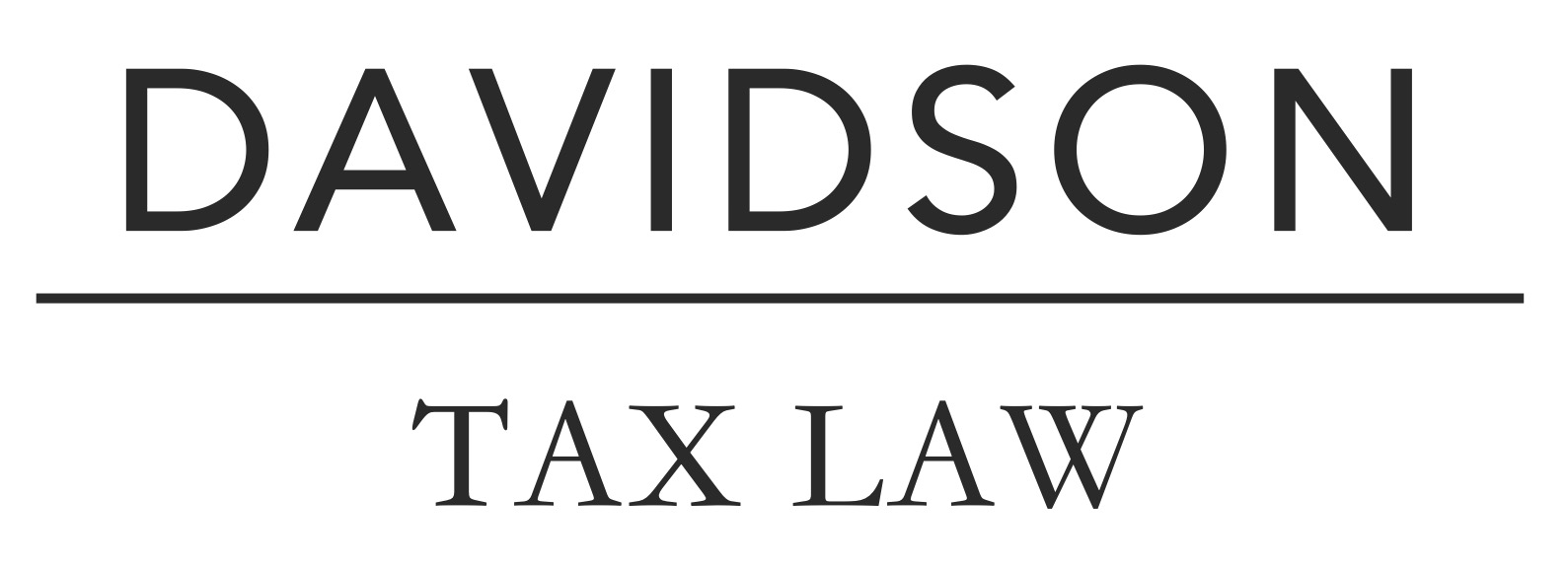Small business capital gains tax concessions are relavent to many taxpayers.
These concessions can allow small business owners to retain capital that would otherwise to be payable to the Commissioner to reinvest in their business, provide for retirement or undertake a restructure.
The concessions apply only to gains arising from the disposal of active assets.
Eichmann was a broadly representative test case on when an asset is considered to be used in the course of carrying on a business – a key requirement in the definition of active asset.
Mr Eichmann is a builder
For many years Mr Eichmann ran his building, bricklaying and paving business, (‘building business’), through his family trust. In 1997, after starting his business, Mr Eichmann and his wife purchased two adjacent lots of land in Mooloolaba, Qld.
One of the lots contained Mr and Mrs Eichmann’s family home.
The adjoining lot was comparatively undeveloped, but was used in the course of Mr Eichmann’s building business to store equipment and materials on. It consisted of two modest (4x3m) sheds used for storing tools and equipment, an open space used to store weatherable materials and parking space for work vehicles and trailers.
The block was accessed at least daily to obtain tools, equipment and materials for work performed on various jobsites. An small amount of preparatory work was also performed at the block.
In 2016 Mr Eichmann and his wife disposed of their adjourning lot and their tax agent applied for a Private Binding Ruling (‘PBR’) in respect of the availability of the small business capital gains tax concession on the resulting gain.
Following an unfavourable PBR and unsuccessful Objection to the PBR, Mr Eichmann sought review of the Objection Decision at the Tribunal.
An Active Asset – ‘used in the course of carrying on a business’
The sole issue at the Tribunal was whether the use of land by Mr Eichmann’s business fell within the terms of s152-40(1):
“(a) you own the asset (whether the asset is tangible or intangible) and it is used, or held ready for use, in the course of carrying on a business…”[1]
At the Tribunal, the Commissioner argued that ‘used in the course of’ meant the particular use had to be integral to the business carried on.[2]
While the Tribunal dismissed this argument citing the plain text of the provision,[3] the Federal Court[4] did not, finding that use in the course of carrying on a business required the use have ‘direct functional relevance’ to those activities of the business directed at producing assessable income.[5]
The Full Court, to the relief of small business owners everywhere, comprehensively disagreed.
The Full Court found there was no basis at all to construe s152-40(1)(a)[6] restrictively and instead the provisions should be interpreted beneficially to the promote their purpose[7] – which was to increase the range of CGT concessions available and improve accessibility by simplifying existing law.[8]
In unusually practical terms, the Full Court outlined a three-step enquiry[9] to determine whether an asset was ‘used in the course of carrying on a business’ under s152-40(1)(a):
1. Determine the particular use of the asset (Step 1);
2. Determine the course of carrying on the business (Step 2); and
3. See whether the asset was used in the course of the carrying on of that business (Step 3).
The Court clarified that it was sufficient if the asset is used at some point in the course of the carrying on of an identified business:
“…s152-40(1)(a) does not require the use of the relevant asset to take place within the day to day or normal course of the carrying on of a business.”[10]
Private Rulings and the importance of identifying ruled facts
The Commissioner contended at both the Federal and Full Court that the ruled facts of the PBR did not disclose, establish or find a relevant use of the asset by a business:
“…the ruled facts did not include a finding that the bricks, pavers, tools, and so on, stored on the appellant’s property, were so stored for the purposes of the business.”[11]
While the Full Court dismissed this contention, finding the use of the particular asset was well identified in the ruled facts, it did note that the identification of the parameters in the course of carrying on of a business could have been improved.[12]
The Court’s observation in this context is noteworthy.
The extensive description of the use of Mr Eichmann’s block of land by his business and the easily relatable and discernible by inference, scope of the course of carrying on a building, bricklaying and paving business serve to remind practitioners of the limitations inherent in review of PBRs.[13]
These conditions preclude review or modification of the factual pattern that define an arrangement or scheme as identified by the Commissioner in his Ruling. Review of a ruling is instead confined to the application of the law to those facts.[14]
Precisely defining the ruled facts in a ruling request is a critical task, requiring thorough consideration by taxpayers or their advisors.
Correctly applying the law in circumstances where its operation is uncertain can require specialist expertise in both the technical and administrative aspects of taxation law.
If you would like to know more about applying for an ATO Ruling, or assistance in accessing Capital Gains Tax Concessions that may be available to your small business, we would be delighted to assist. Contact Us.
[1] Income Tax Assessment Act 1997 (Cth) s152-40(1) (a) (‘ITAA1997’).
[2] Eichmann and Commissioner of Taxation [2019] AATA 162 [17], [28] (‘Tribunal Decision’).
[3] Tribunal Decision (n 2)[28].
[4] Commissioner of Taxation v Eichmann [2019] FCA 2155 (‘Eichmann – Federal Court’).
[5] Eichmann – Federal Court (n 4) [61].
[6] ITAA1997 (n 1) s152-40 (1) (a).
[7] Eichmann v Commissioner of Taxation [2020] FCAFC 155 [38] (‘Eichmann – Full Court’).
[8] Explanatory Memorandum, New Business Tax System (Capital Gains Tax) Bill 1999 (Cth) [1.2].
[9] Eichmann – Full Court (n 7) [41].
[10] Eichmann – Full Court (n 7) [46].
[11] Eichmann – Full Court (n 7) [31].
[12] Eichmann – Full Court (n 7) [48].
[13] Eichmann – Full Court (n 7) [9].
[14] Eichmann – Federal Court (n 4) [22].

